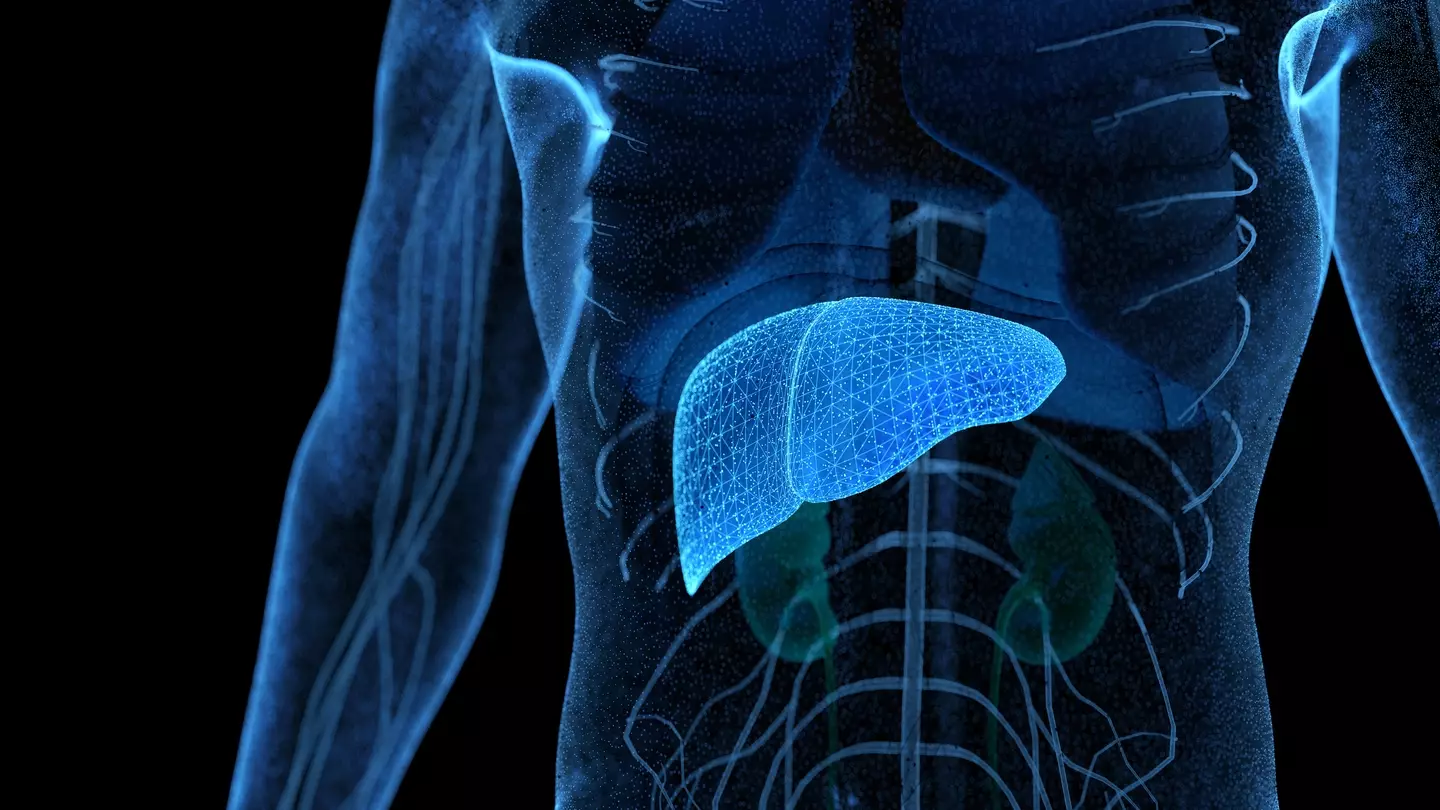
Noticing changes in our bowel habits is an important way of monitoring our health.
While seeing blood, experiencing diarrhoea or constipation, pain and unexplained weight loss all warrant a trip to the doctor, there's another sign to look out for that could be indicative of a disease that impacts your liver.
The early stages of the disease often go unnoticed without any symptoms, but experts are warning that one tell-tale sign can be spotted in your bowel habits.
Non-alcoholic fatty liver disease (NAFLD) - also known as metabolic dysfunction-associated steatotic liver disease (MASLD) - is a condition which occurs in those whose liver contains over five per cent fat and who consume little to no alcohol.
Advert
.jpg)
What is non-alcoholic fatty liver disease?
According to the NHS, NAFLD has four stages, with the first and least severe stage being known as 'simple fatty liver', which is a build-up of fat in the liver cells.
However, it can potentially become dangerous if the disease progresses.
'Metabolic dysfunction-associated steatohepatitis (MASH)' is a more serious form of the disease and occurs when the liver is inflamed as a result of the build-up of fat.
The next stage is liver damage, known as cirrhosis, as well as liver cancer and liver failure. The British Liver Trust explains that certain factors increase the risk of MASLD.
These include:
- Being overweight or obese
- A high waist measurement
- Type 2 diabetes
- A diet with too many unhealthy foods and drinks
- Low levels of physical activity
- High blood lipids, such as cholesterol
- High blood pressure
- Other conditions linked to insulin resistance, such as polycystic ovary syndrome

What are the symptoms of non-alcoholic fatty liver disease?
"There are often no specific symptoms, even if the disease is at a later stage. You may not show any symptoms for many years," the British Liver Trust explain.
"MASLD, also known as NAFLD, is estimated to affect up to 1 in 5 people in the UK. Rates are increasing with rising levels of obesity. Although most cases of MASLD are linked to excess weight, you can develop the disease if you have a healthy weight."
However, there are also some symptoms to look out for, including dark, black, tarry poo.
Black poo can mean a number of things, including liver disease, stomach or bowel ulcers, or even oesophageal cancer.
And in the case of NAFLD, it is often a sign of cirrhosis, which is the scarring of liver tissues that can prevent the liver from functioning efficiently, which can cause serious health conditions later down the line.

Some early signs of cirrhosis include tiredness, fatigue, and discomfort on the upper right side of your stomach, where the liver is.
Experts explain that if you develop any of the following symptoms, you should see a doctor straight away:
- Yellowness of the eyes and skin (jaundice) – this may be harder to notice if you have black or brown skin
- Bruising easily
- Dark urine
- Swelling of the tummy area
- Vomiting blood
- Dark black tarry poo
- Periods of confusion, forgetting things, mood changes or poor judgment
- Itching skin
If you have any of these symptoms, then it is advised that you visit your GP for a diagnosis and appropriate medical care.
Topics: Health, News, Food and Drink